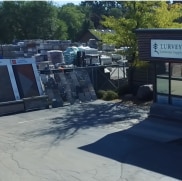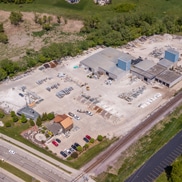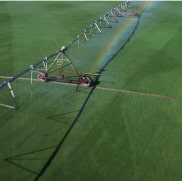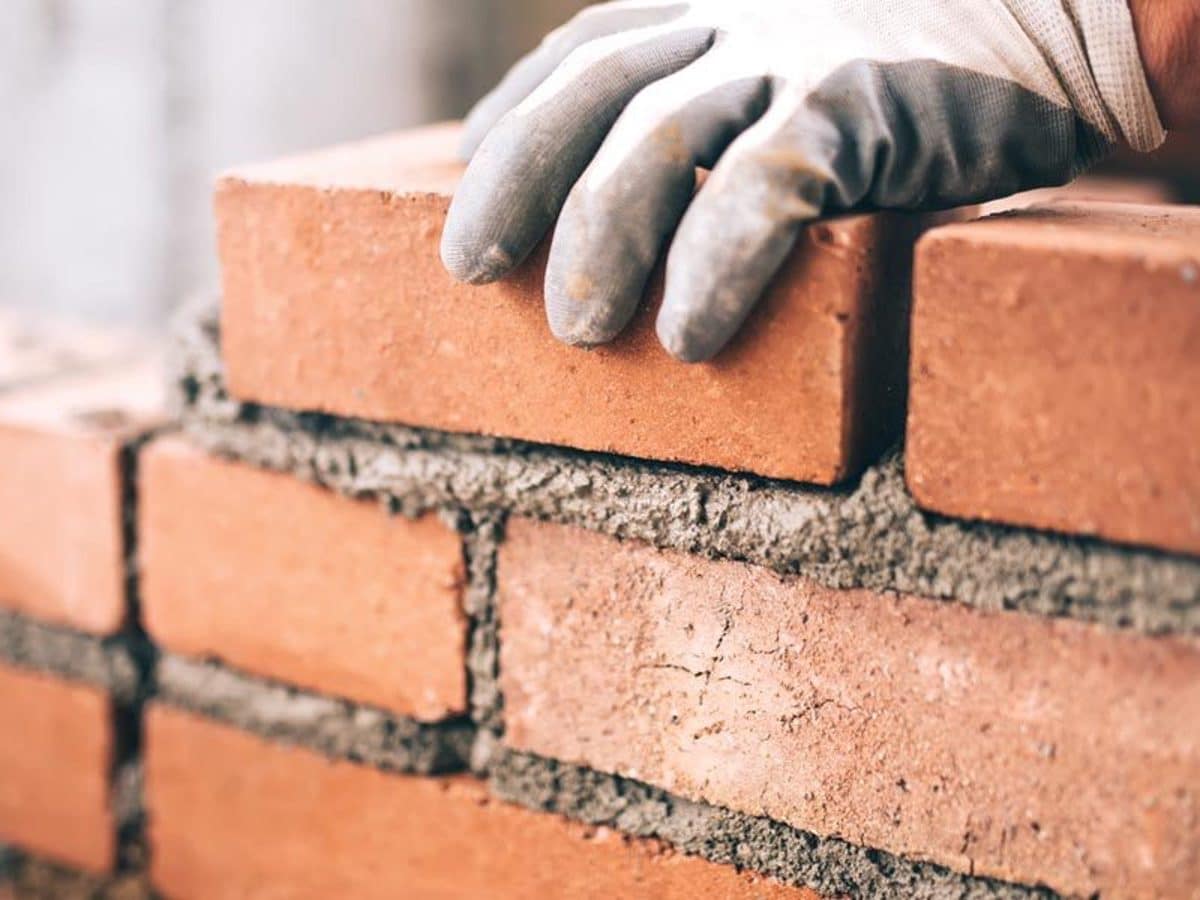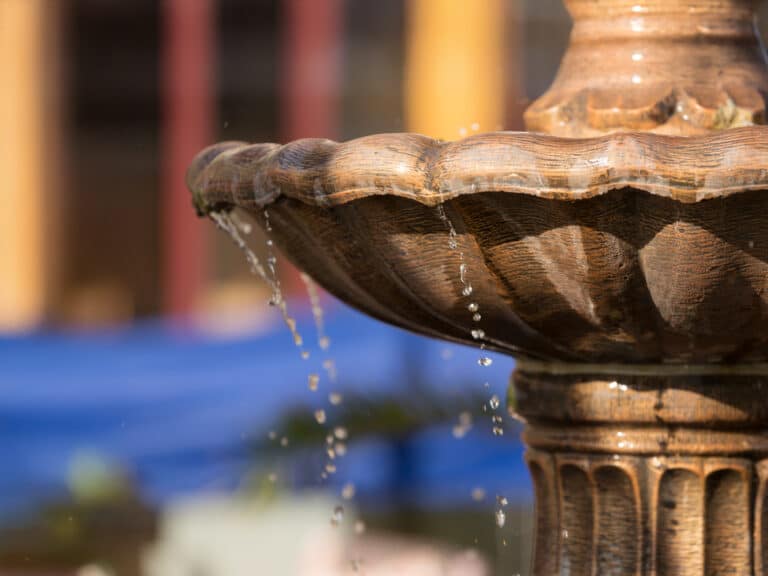Selecting the right mortar is an integral part of any project. It’s essential to understand the types of mortar and what they’re best used for. Mortar is made of a balance of ingredients, you mix different proportions of Portland cement, hydrated lime, sand, and water to achieve a particular application. There are a few different types of mortar to be considered.
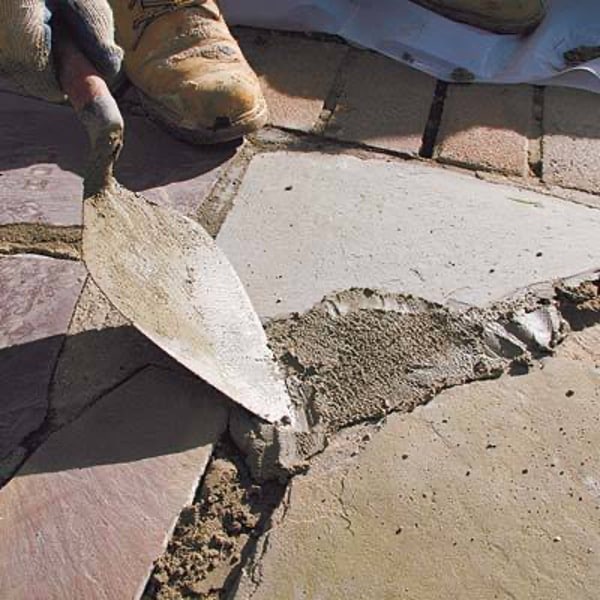
Type M
Type M is high compression strength, it has the highest proportion of Portland cement, with 3 parts Portland cement, 1 part lime and 12 parts sand. It has a high compressive strength (at least 2500 psi) and is recommended primarily for walls bearing heavy loads, but also, due to its durability, for masonry below grade or in contact with the earth: foundations, retaining walls, sidewalks and driveways. Types M and S are usually interchangeable.
Type S
Type S is sometimes specified for masonry at or below grade, and has compression and tensile strength, but offers another quality. S has high compressive strength (1800 p.si) but adds high tensile bond strength. S contains 2 parts Portland cement, 1 part hydrated lime and 9 parts sand, and yields maximum flexural strength.
Type N
Type N is a medium compressive strength (750 psi) mortar for exterior, above grade walls. N is made of 1 part Portland cement, 1 part lime, and 6 parts sand. Type N is recommended for most exterior, above grade walls exposed to severe weather, including chimneys. It’s also widely used for exterior applications such as with veneers.
Type O
Type O has a low compressive strength (about 350 psi), is usually used for interior or non-load bearing projects, and contains 1 part Portland cement, 2 parts lime, and 9 parts sand. O is recommended for interior and limited exterior use in non-load bearing walls.
Thinset 907
Thinset 907 is used for supporting heavy tile/stone. This type reduces lippage problems and the need for leveling rough surfaces. Full contact 907 can be built up to ¾” without shrinkage. 907 supports large, heavy units and can hold stone in demanding vertical positions. It also has good impact resistance. Uses could include thin veneer, both over existing concrete and vertically.
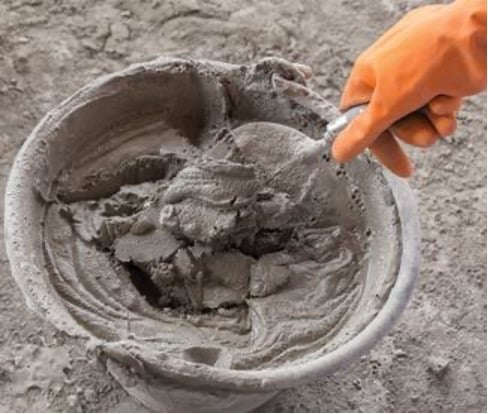
Thinset 918
Thinset 918 is for setting absorptive tiles/stones. It’s polymer modified to provide a stronger bond than 907, but can only be built up to 3/16”. 918 has good impact resistance too. Uses could include thin veneer, both over existing concrete and vertically when weight of the stone or tile is not an issue. It’s appropriate to use with very porous stone/tile or when buildup is not a concern.
All in all, choosing the right mortar is important for any project to be done well. And understanding what mortar is and what type is right for which use is a vital part of choosing well. If you need more help figuring out what mortar is right for you, we can help. Making the right decision is important for you and your next project.

